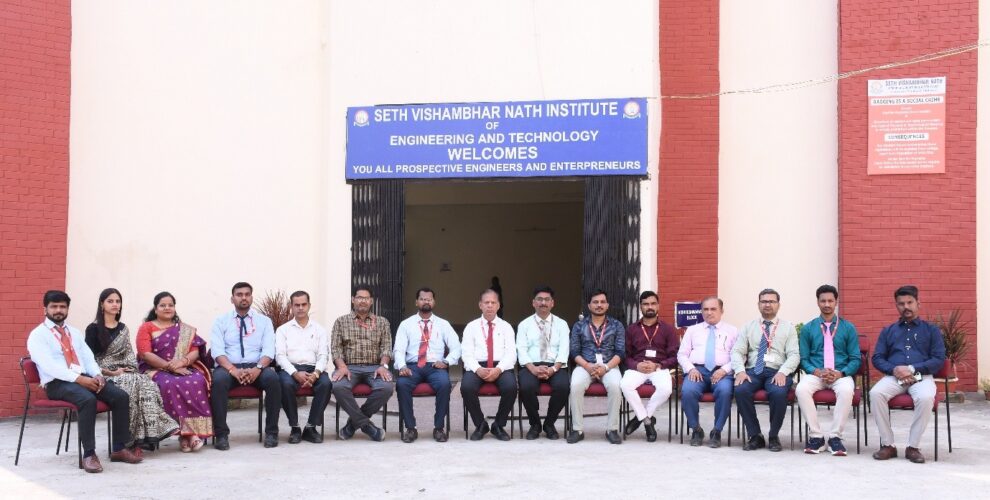
Department of Applied Science and Humanities
The Department of Applied Science and Humanities commenced from the beginning of SVNIET since 2008. Knowledge in fundamental science forms the base of Engineering. Our Department targets are to achieve this function most efficiently. We are devoted to substitute the fundamental ideologies and understanding of science to improve the prospective engineers’ basic information of Engineering. The department’s goal is to deliver value-based education to embrace different subjects namely Mathematics, Physics, Chemistry, EVS, English…etc. and consists of experienced and highly-qualified faculty members who have made steady improvement for students’ learning and development processes.
Moreover, the department’s target is development of students’ personality, communication and soft skills to boost them in the modern and internationally competitive atmosphere and also provide laboratories and advanced library facility.
Vision of the Department:
To be the captainship Technical Institute to improve the Prospective Engineers in the field of Applied Science along with essential facilities enabling human resources to oblige global society.
Mission of the Department:
M-1: To expertise intelligent capital in term of learned and bold orientation to its original techno- civilization hesitation.
M-2: To be the most favorite excellent of the academics, faculty and carefulness.
M-3: To cultivate worthy, skillful and moral value among the Prospective Engineers with communal and eco-friendly concern.
M-4: To make available imaginative technical instruction that may support the undergraduates in guiding authority and entrepreneurship.
Program Outcomes (POs)
(Engineering Graduates will be able to)
PO-1 Engineering Knowledge: Apply the knowledge of mathematics, science, engineering fundamentals, and an engineering specialization to the solution of complex engineering problems.
PO-2 Problem analysis: Identify, formulate, review research literature, and analyse complex engineering problems reaching substantiated conclusions using first principles of mathematics, natural sciences, and engineering sciences.
PO-3 Design/development of solutions: Design solutions for complex engineering problems engineering and design system components or processes that meet the specified needs with appropriate consideration for the public health and safety, and the cultural, societal, and environmental considerations.
PO-4 Conduct investigations of complex problems: Use research-based knowledge and research methods including design of experiments, analysis and interpretation of data and synthesis of the information to provide valid conclusions.
PO-5 Modern tool usage: Create, select, and apply appropriate techniques, resources, and modern engineering and IT tools including prediction and modeling to complex engineering activities with an understanding of the limitations.
PO-6 The engineer and society: Apply reasoning informed by the contextual knowledge to assess societal, health, safety, legal and cultural issues and the consequent responsibilities relevant to the professional engineering practice.
PO-7 Environment and sustainability: Understand the impact of the professional engineering solutions in societal and environmental contexts, and demonstrate the knowledge of, and need for sustainable development.
PO-8 Ethics: Apply ethical principles and commit to professional ethics and responsibilities and norms of the engineering practice.
PO-9 Individual and team work: Function effectively as an individual, and as a member or leader in diverse teams, and in multidisciplinary settings.
PO-10 Communication: Communicate effectively on complex engineering activities with the engineering community and with society at large, such as, being able to comprehend and write effective reports and design documentation, make effective presentations, and give and receive clear instructions.
PO-11 Project management and finance: Demonstrate knowledge and understanding of the engineering and management principles and apply these to one’s own work, as a member and leader in a team, to manage projects and in multidisciplinary environments.
PO-12. Life-long learning: Recognize the need for and have the preparation and ability to engage in independent and life-long learning in the broadest context of technological change.
Message from HoD’s Desk
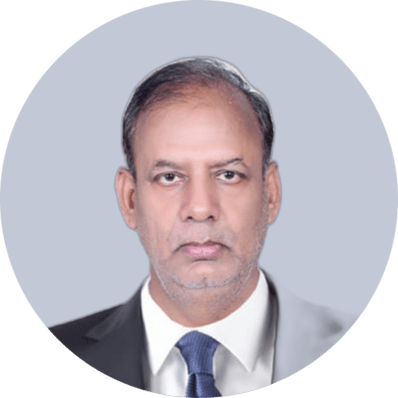
Mr. Indrasen Singh
(Head of Department)
Area of Interest: Modern Algebra, Functional Analysis.
The Department of Applied Science& Humanities is the foundation of Engineers that focuses on enlarging knowledge, increasing critical thinking, ability to change learning into knowledge and ability of analyzing work technically. The aim of Applied Science& Humanities study is to create a strong foundation of basic principles of various subjects such as Mathematics, Physics, Chemistry and Communication Skills in the mind of our future nation builders, so that they carry forward their knowledge for the upcoming years of study with upgraded knowledge and training of better engineering skills. Our centre of focus is also based on being made to elaborate social values and professional ethics, so that students can correlate with the current and the upcoming future challenges. A well-qualified and proficient faculty with well-equipped labs is made available to provide an excellent teaching methodology to stimulate the students into excellent engineers as well as good human beings.
With Best Wishes
Department of Applied Science & Humanities
Applied Science and Humanities Faculties
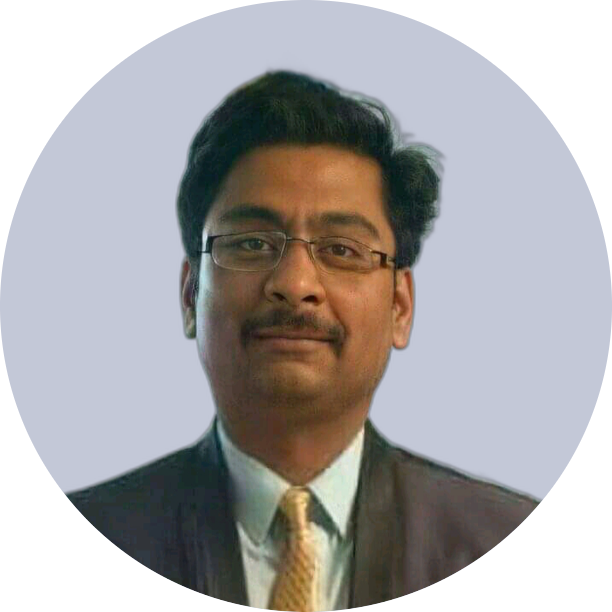
Dr. Apoorva Dwivedi
(Associate Professor)
Area of Interest: Quantum Physics. Electronics, Nanotechnology.
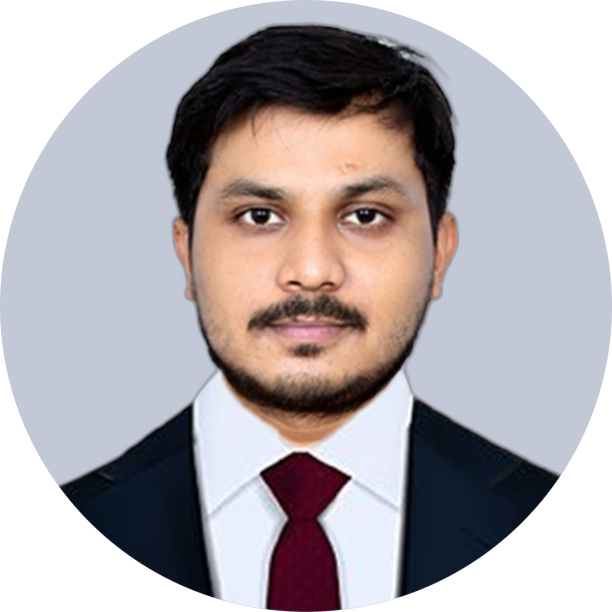
Mr. Anoop Kumar Singh
(Assistant Professor)
Area of Interest: Applied Mathematics, Linear Algebra.
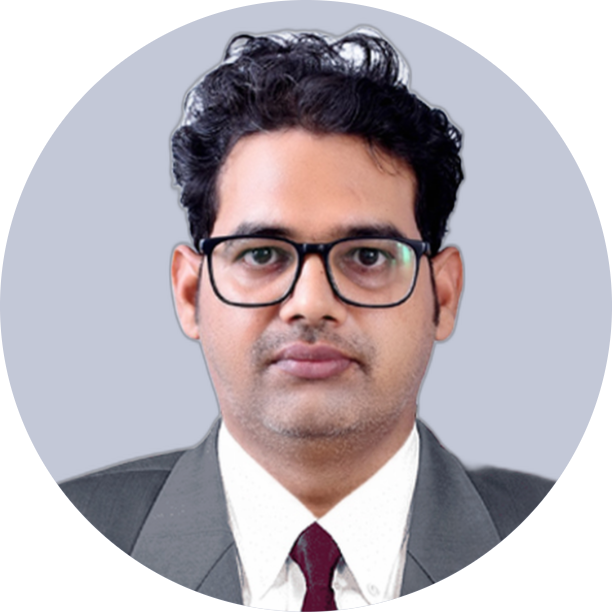
Mr. Pawan Kumar
(Assistant Professor)
Area of Interest: Classical Physics, Electronics
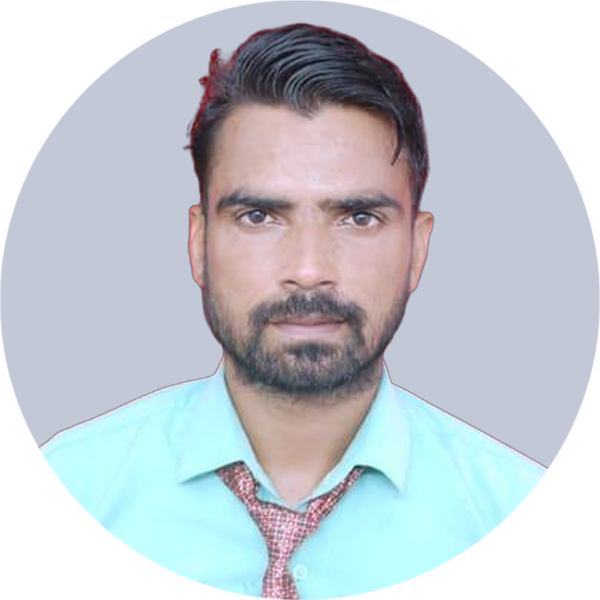
Mr. Satyendra Singh
(Assistant Professor)
Area of Interest: Various structures of manifolds in differential Geometry, Various structures of manifolds in differential Geometry
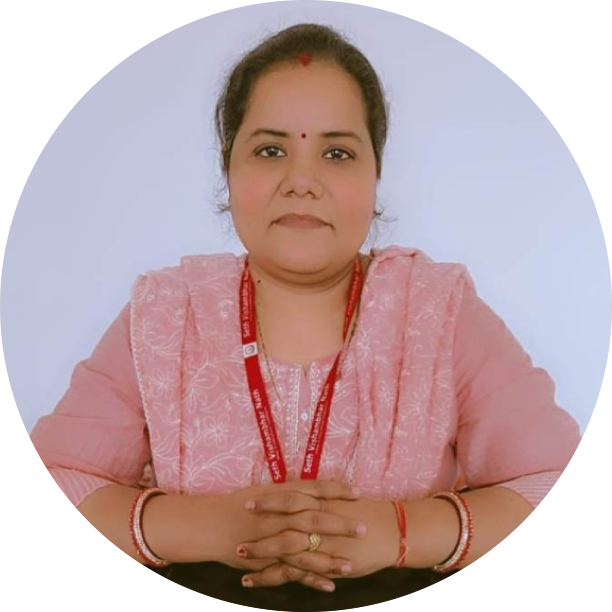
Mrs. Shalini Singh Chauhan
(Assistant Professor)
Area of Interest: Chemistry, Polymer, Environment Science, Biochemistry
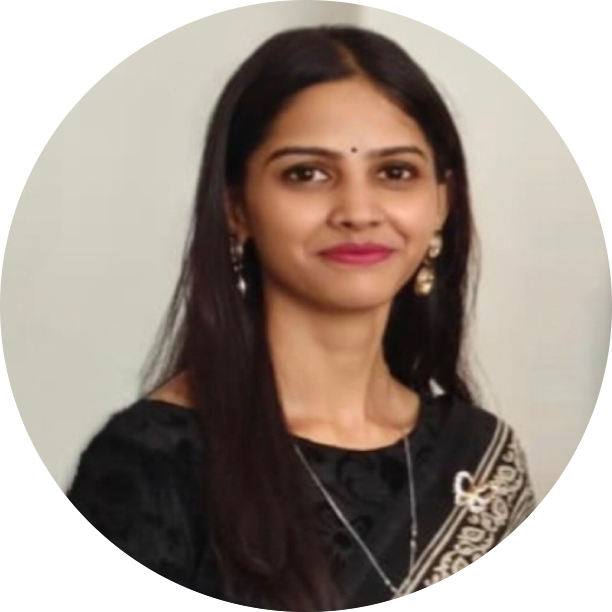
Ms Prakashini Pandey
(Assistant Professor)
Area of Interest: Soft Skills and Communication Skills
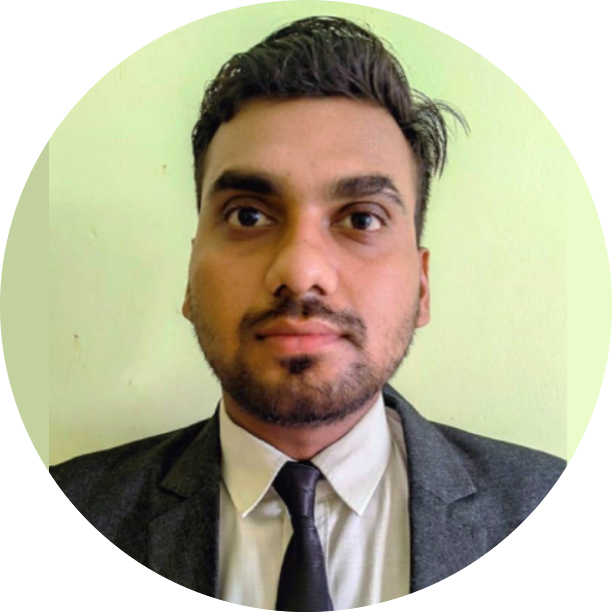
Mr. Kuldeep Shrivastav
(Assistant Professor)
Area of Interest: Differential Equation, Ordinary and Partial Differential Equations, Mathematical Modelling
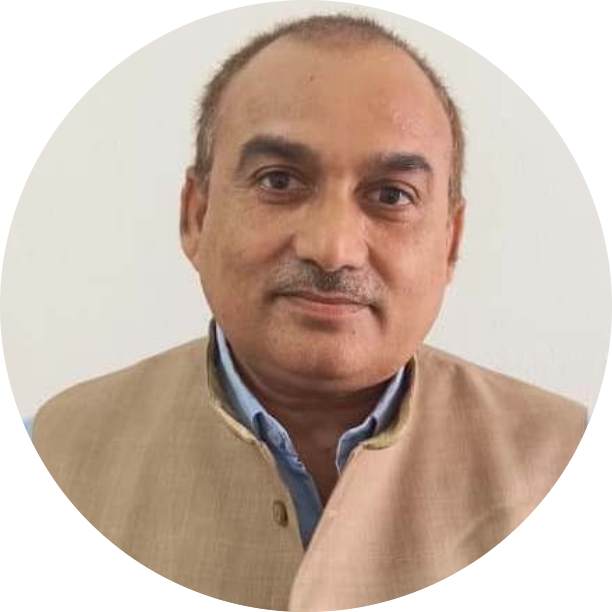
Dr. Anil Kumar Mishra
(Assistant Professor)
Area of Interest: Organic synthesis, Spectroscopy, Polymer Chemistry, Analytical Chemistry, Medicinal Chemistry, Water pollution.
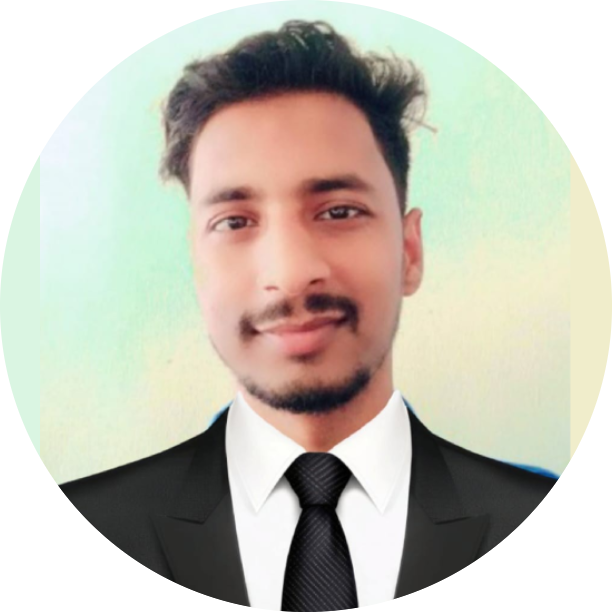
Mr. Sawan Kumar Kannaujiya
(Assistant Professor)
Area of Interest: Engineering Graphics, Engineering mechanics, Thermal Engineering, Hydraulics.
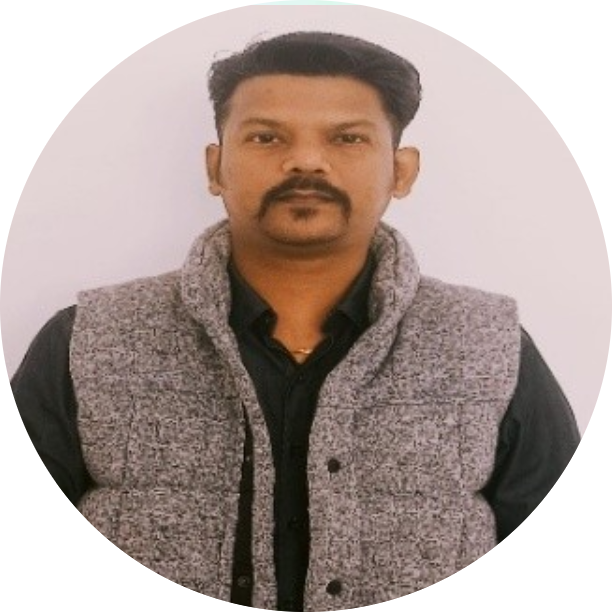
Ronald Solomon
(Assistant Professor)
Area of Interest: Personality Development, Soft Skills, Interview Skills, Public Speaking.
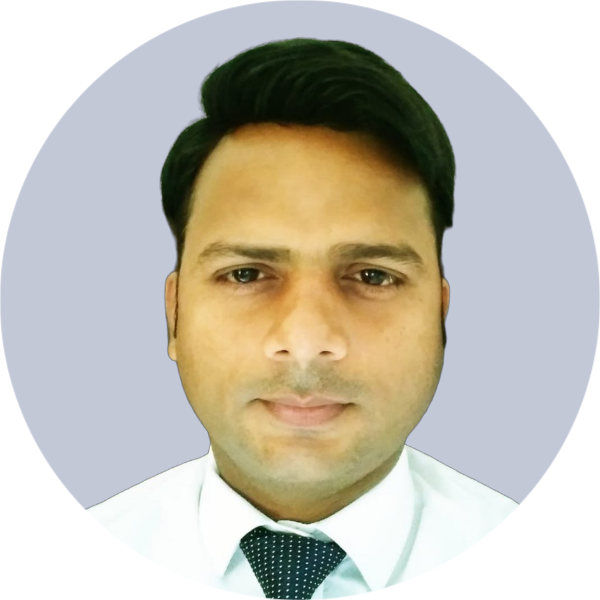
Mr. Abhishek Srivastva
(Assistant Professor)
Area of Interest: Technical Communication and Soft-skills
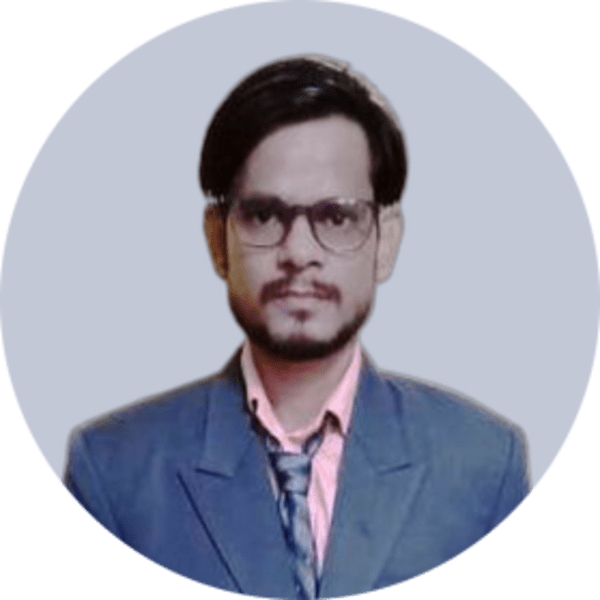
Mr. Tripuresh Mishra
(Assistant Professor)
Area of Interest: Partial Differential Equation, Complex Analysis, Mathematical Modeling.
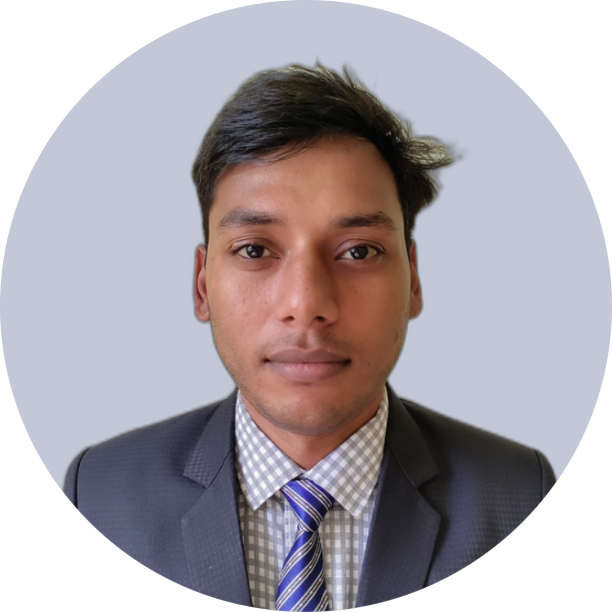
Mr. Rahul Pal
(Assistant Professor)
Area of Interest: Pure Mathematics
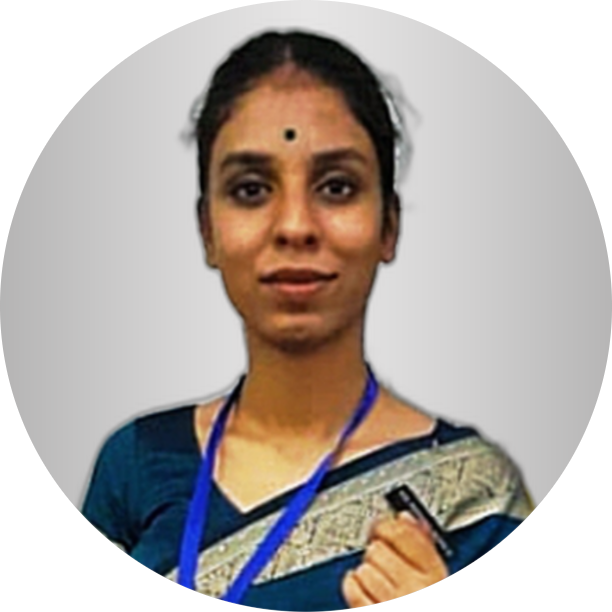
Miss Aditi Sharma
(Assistant Professor)
Area of Interest: Personality Development, Communication Skills, Soft Skills.
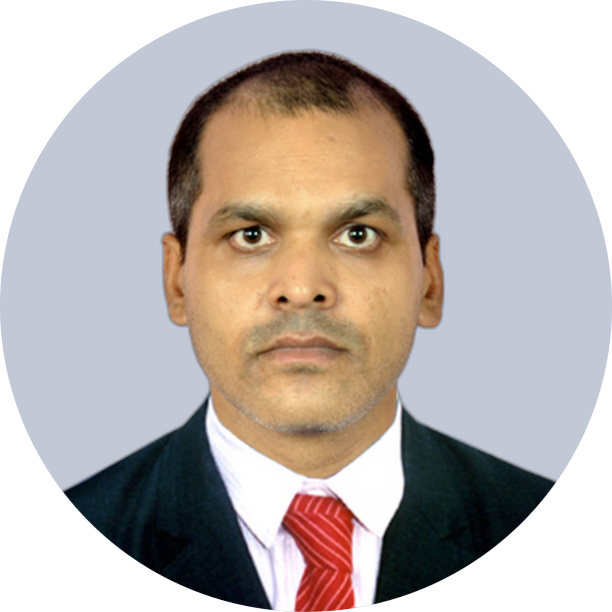
Mr. Dinesh Kumar Yadav
(Assistant Professor)
Area of Interest: Differential Equations, Linear Algebra, Mathematical Modelling.
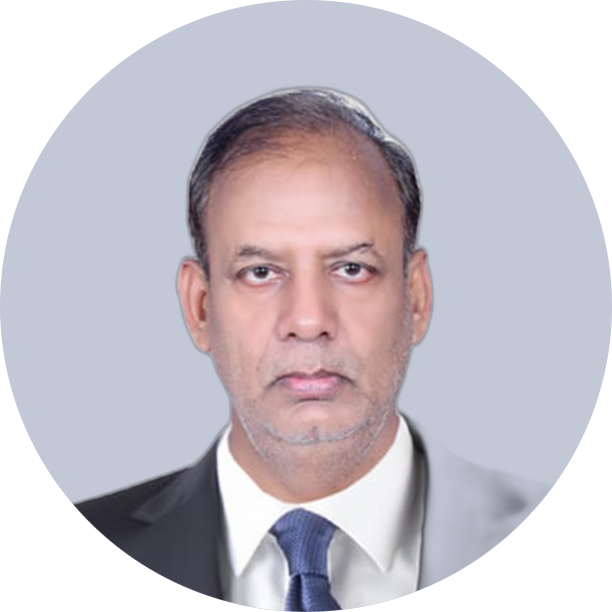
MR.INDRA SEN SINGH
DEAN
M.Sc, B.Ed
Experience: 21 Years +
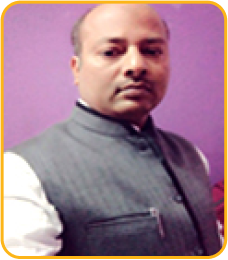
DR. SANJAY GOVIND RAO
ASSOCIATE PROFESSOR
P.hd. ((MATHEMATICS)
Experience:14 YEARS
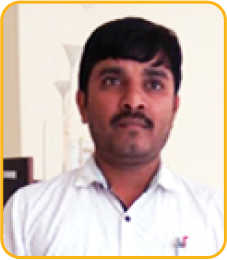
MR. AJAY SINGH
Assistant Professor
M.Sc.(MATHEMATICS)
Experience:8+ YEARS
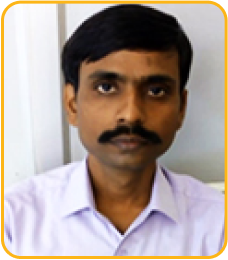
MR. VINOD KUMAR
Assistant Professor
M.Sc.(MATHEMATICS)
Experience:5+ YEARS
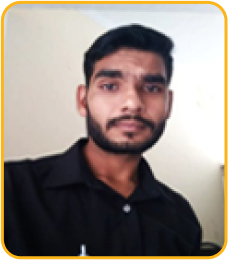
MR. SHANTIKESH SINGH
Assistant Professor
M.Sc.(MATHEMATICS)
Experience:3+ YEARS

MR. ANOOP KUMAR SINGH
Assistant Professor
M.Sc.(MATHEMATICS)
Experience:2+ YEARS
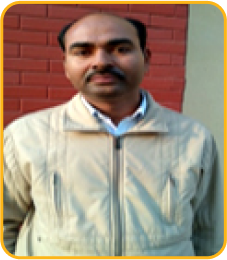
MR.PAWAN KUMAR TRIPATHI
Assistant Professor
M.Sc.(PHYSICS)
Experience:22+ years
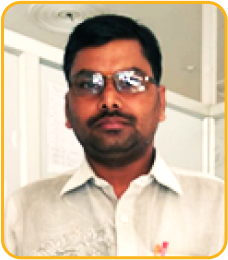
MR.MANOHAR SINGH YADAV
Assistant Professor
M.Sc.(PHYSICS)
Experience:7+ years
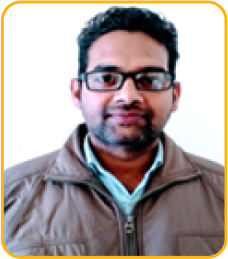
MR.PAWAN KUMAR
Assistant Professor
M.Sc.(PHYSICS)
Experience:4+ years
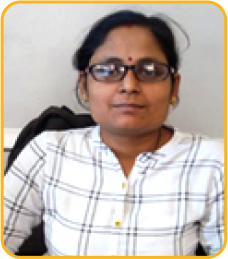
MS.SHWETA TIWARI
Assistant Professor
M.Sc.(CHEMISTRY)
Experience:3+ years
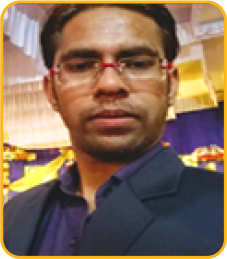
MR.ANKIT KATIYAR
Assistant Professor
M.Sc.(CHEMISTRY)
Experience:3+ years
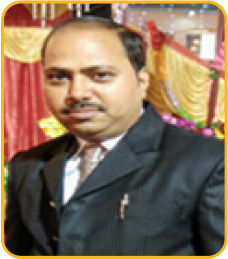
MR.NEELESH SRIVASTAVA
Assistant Professor
M.Sc.(ENGLISH)
Experience:5+ years
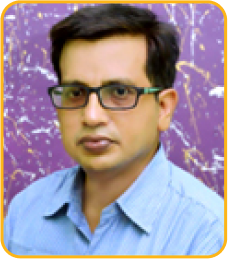
ANAND PRAKASH SAXENA
Assistant Professor
M.Sc.(ENGLISH), MBA
Experience:12+ years
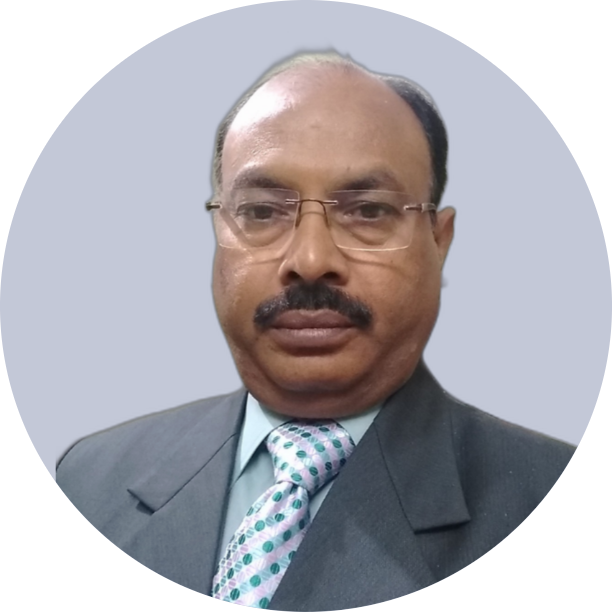
Dr. Rajesh Kumar Srivastava
(Associate Professor)
Area of Interest: Organic Chemistry. Environmental Chemistry.
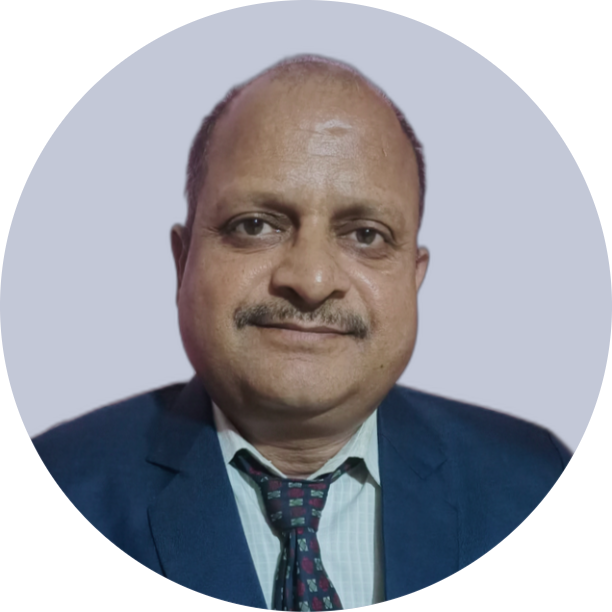
Mr. Parm Hans Pandey
(Assistant Professor)
Area of Interest: English Language, Personality Development.
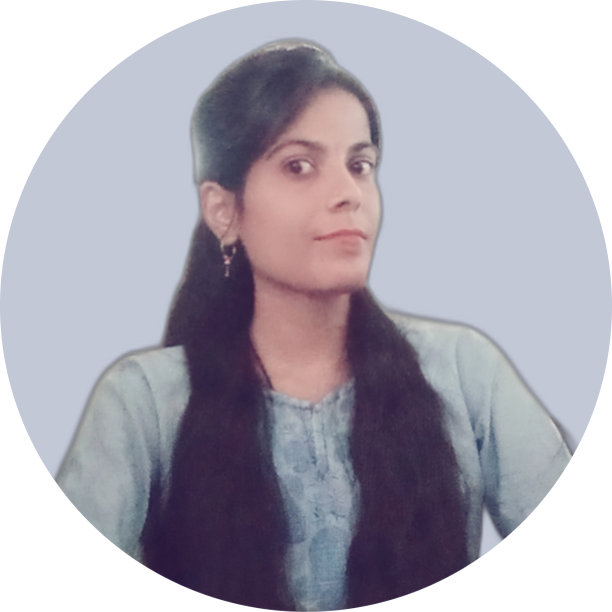
Miss Ankita Tiwari
(Assistant Professor)
Area of Interest: Organic Chemistry, Inorganic Chemistry.
Syllabus
Syllabus
B. Tech. 1st Year
Newsletter
Achievements
Departmental Society
Institute–Industry Interaction
Applied Science & Humanities Laboratory
In Applied Science and Humanities department, various labs are provided for advancement and practical understanding to enhance different concepts and theories in different departments like Agriculture Engineering, Biotechnology, Civil Engineering, Computer Science & Engineering, Computer Science & Design, Electrical Engineering and Mechanical Engineering. After practicing the experiments, the undergraduates will have practical knowledge of their related stream which will help them in building a better future.
English Language Lab
In this lab, the Prospective Engineers will learn to perform and approach to a certain topic from different points of view. By this the students learn the quality of speech and as it is well said that an impressive style wins half the debate. Under effective communication they learn to follow the basic principles of professional communication skills. These can be abbreviated as 7 Cs, i.e., clear, concise, concrete, correct, coherent, complete and courteous. They comprehend the Communication skills for seminars, conferences, workshops etc. with emphasis on Paralinguistic, Kinesics, Intonation and stress for Official, public speaking based on suitable Rhythmic patterns. Students develop behaviour to understand Theme and Keynote Presentation based on correct methodology’ argumentation and also Individual Speech Delivery or Conference with skill to defend Interjections or Quizzes.

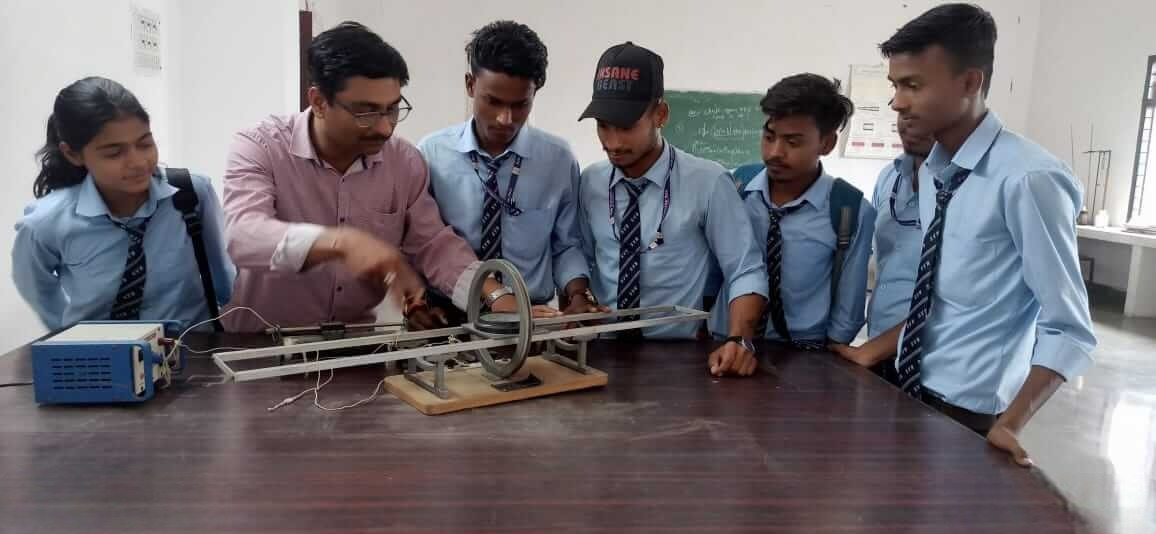
Engineering Physics Lab
Engineering Physics is the Collective knowledge of physics and engineering it provides a scientific temperament from base to higher level in the field of Engineering. These experiments cover the fundamental knowledge in the field of optics, electrical, electronics and their respective applications.
Laboratory is equipped with experiments like Stephens’s law, Energy band gap, Variation of magnetic field and so on. Laboratory is endowed with equipment’s to conduct experiments on Newton’s ring, Plane transmission grating, Focal length of combination of two lenses Experiment and polarimeter experiments.
The main objective of the lab is to gain practical knowledge by applying experimental techniques to correlate with the theory in the field of physics. After conducting these experiments, students are aware of basic concepts like “interference and diffraction phenomenon” in Newton’s Ring and Diffraction Grating experiments and “Basic Electrical & Electronics phenomenon” in Energy band gap and LCR circuit experiments and . Lastly they can handle the data collection and preparing results in graphical pattern.
Engineering Chemistry Lab
Chemistry labs are an essential part of the engineering curriculum; it provides students with pro-active experience in chemical experimentation, analysis, and fusion.
Departmental lab
Our curriculum for chemistry lab is well designed to cover various topics, including organic and inorganic chemistry, analytical chemistry, and physical chemistry. It offers a unique opportunity to apply theoretical concepts learned in the classroom into experimental knowledge to enhance their knowledge and approach to real life scenario. Students are encouraged to work in groups and collaborate on experiments, developing team-building and communication skills.
The chemistry lab has a safe environment for students to conduct their experiments. The labs are equipped with safety features such as fire extinguishers and eyewash stations.it is mandatory for the students to wear personal protective equipment such as gloves and lab coats, and they are trained on the proper handling of hazardous materials.
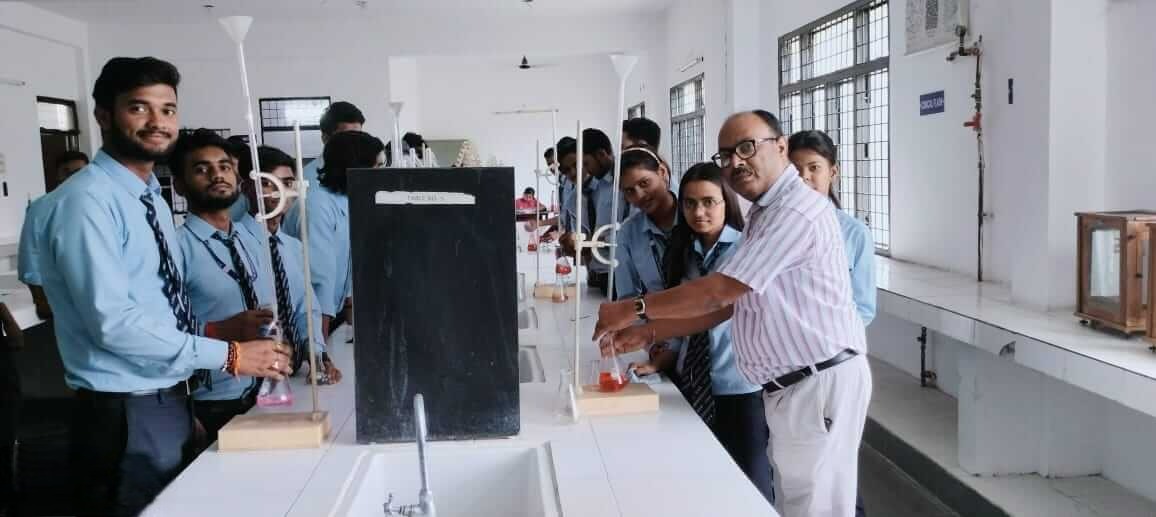
Polytechnic Program
Vision of the Department:
To explore Technical Institute to educate students in the field of Applied Science along with required facilities enabling human resources along with ethical and moral values to serve society.
Mission of the Department:
M-1: To develop technical, professional learning environment among the students with societal concerns.
M-2: To provide the most preferred quality education with Industrial-Institute-Interaction.
M-3: To develop ethical as well as moral values among the prospective engineers regarding environmental concerns.
M-4: To provide creative technical education that may assist the students in grooming leadership and entrepreneurship.
Attributes / Program Outcomes (POs)
(Diploma in Engineering, students will be able to)
PO-1: Basic and Discipline specific knowledge: Apply knowledge of basic mathematics, science and engineering fundamentals and engineering specialization to solve the engineering problems.
PO-2: Problem analysis: Identify and analyze well-defined engineering problems using codified standard methods.
PO-3: Design/ development of solutions: Design solutions for well-defined technical problems and assist with the design of systems components or processes to meet specified needs.
PO-4: Engineering Tools, Experimentation and Testing: Apply modern engineering tools and appropriate technique to conduct standard tests and measurements.
PO-5: Engineering practices for society, sustainability and environment: Apply appropriate
technology in context of society, sustainability, environment and ethical practices.
PO-6: Project Management: Use engineering management principles individually, as a team member or a leader to manage projects and effectively communicate about well-defined engineering activities.
PO-7: Life-long learning: Ability to analyze individual needs and engage in updating in the context of technological changes.
Syllabus

